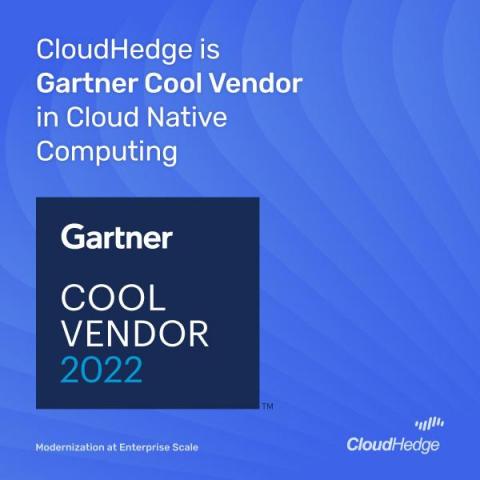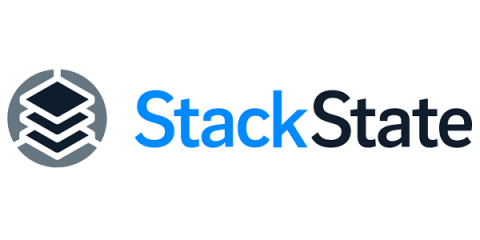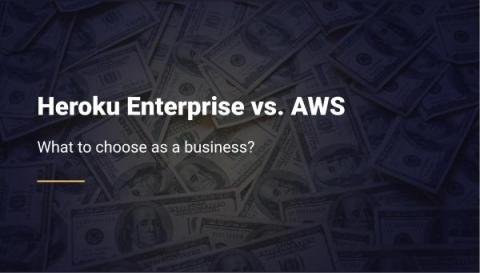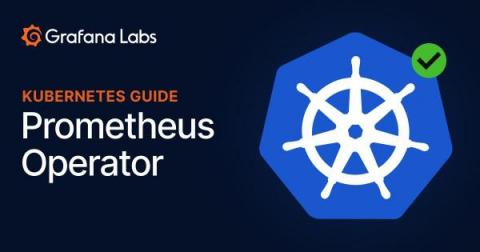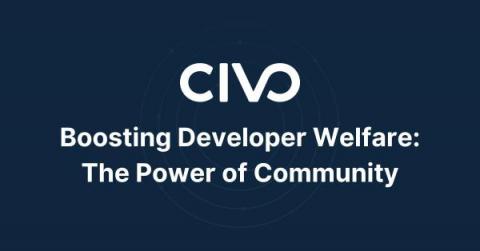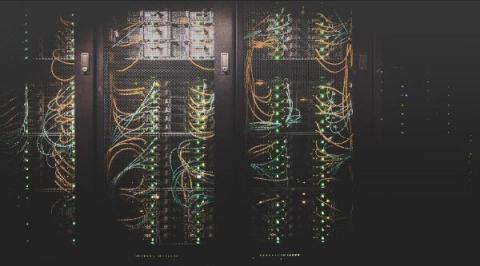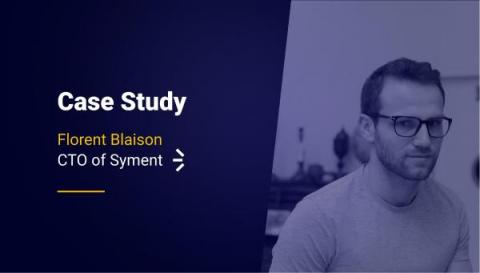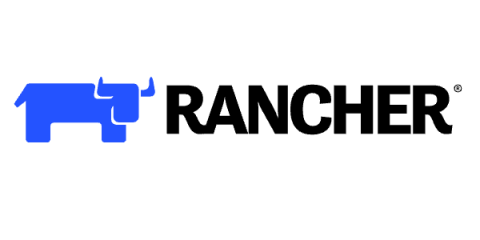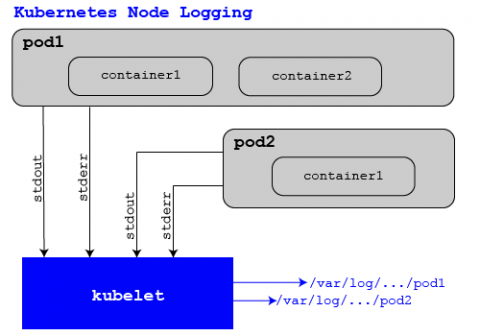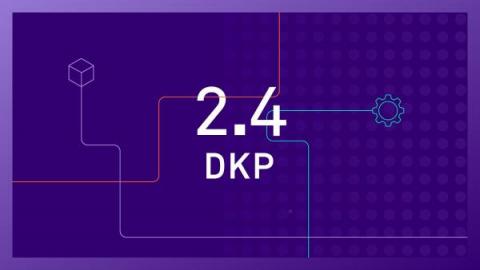CloudHedge is Gartner Cool Vendor in Cloud Native Computing
Iselin, New Jersey – 19th January 2023 – CloudHedge Technologies, an industry pioneer with its end-to-end Continuous Application Modernization platform, OmniDeq™, has been named Cool Vendor in Cloud-Native Computing by Gartner. The report acknowledges CloudHedge’s ability to securely deliver agile digital transformation and modernization journeys for large-scale enterprises, enhancing their efficiency.


